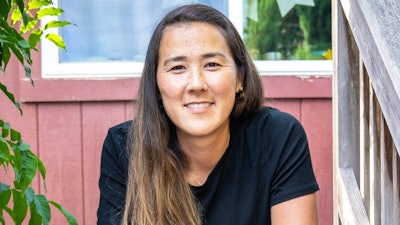Higher education leaders and states can take a number of additional steps to bolster academic success, reenrollment, and degree completion for students who started college but never finished. Those are the findings from a new report from California Competes. Dr. Laura Bernhard
Dr. Laura Bernhard
These students with some college, no credential (SCNC) make up more than six million Californians ages 25-64. Drawing from interviews with 52 adults who had stopped out but reenrolled – those referred to as ‘comebackers’ – and completed/will complete soon, the report outlines a series of recommendations for higher ed leaders and state policymakers to take to support these comebackers in their return but also to help students before they feel the need to leave.
"The population of comebackers, and adult learners more generally, is a priority for California Competes, largely because what we see is we can't meet our state's higher education needs without serving this population of potential students. Just focusing on the high school senior, leaves us short,” said California Competes CEO Dr. Su Jin Jez, adding that focusing on this growing demographic is important to meet workforce needs.
The interviewees were successful comebackers from California State University, Sacramento State and the Shasta-Tehama-Trinity Joint Community College District.
According to "From Setback to Success: Meeting Comebacker Students Where They Are" – research done as part of the CaliforniaAttain! partnership – the SCNC population disproportionately consists of individuals from underinvested group.
The report’s recommendations revolve around themes of flexibility, accommodation, inclusivity, proactiveness, and continuous support.
Online courses and programs were both praised by comebackers and suggested by the report’s authors for the flexibility in scheduling that they provide. And structuring courses to have shorter terms – such as 8-week terms instead of 16 – allows for easier course juggling and more windows in the year for comebackers to enroll, the report stated.




















